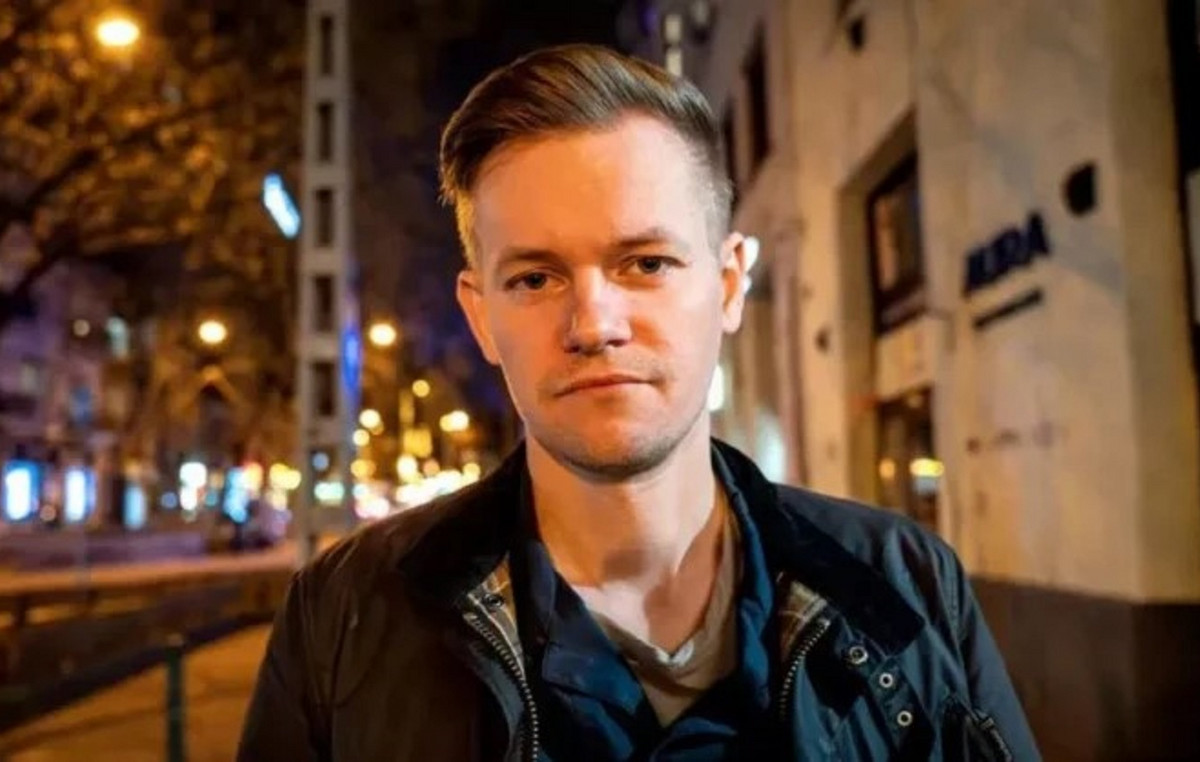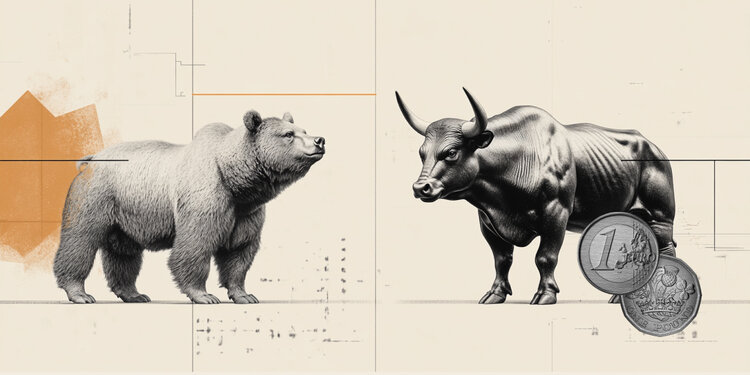Bloody Tuesday
The police repeatedly fired at the demonstrators. Ten people died at the Lekki toll booth in southern Lagos, where the army opened fire on thousands of protesters around 7 p.m. (6 p.m. GMT) on Tuesday, according to the human rights NGO.
In Alausa, a district in central Lagos where another peaceful rally was organized, at least two demonstrators were killed, and another seriously injured, by fire from the police, the organization added.
Lekki’s toll was the epicenter of the popular protest that has shaken Nigeria for nearly two weeks, Africa’s leading economic power, and the continent’s most populous country. Thousands of young people demonstrate against police violence and the power in place, accused of bad governance.
On Tuesday, police announced the immediate nationwide deployment of their riot unit as protests in several cities escalated. To date, at least 30 people, including 2 police officers, have died in these protests.
Lagos under siege
In Lagos, a curfew was imposed Tuesday from 4 p.m., but thousands of protesters decided to defy it. Especially in Lekki, where the incidents took place, but where the gatherings had always been peaceful.
“We didn’t have weapons, we didn’t even have a stick, all we waved were Nigerian flags,” Lekki shooting survivor Larry told AFP. Matthew. “All of a sudden, they took off the cameras, turned off the lights and started shooting. It was terrible. ”
“The soldiers clearly had an intention, to kill without worrying about the consequences,” accuses Osai Ojigho, the director of Amnesty International in Nigeria. “Those killed or wounded during these two gatherings were taken away by the military,” says the NGO.
The Nigerian diaspora is mobilizing
In South Africa, the images, which have toured social networks, have not passed. Several hundred demonstrators took to the streets to express their indignation, in Pretoria and Cape Town, the day after this “bloody Tuesday”.
South Africa hosts more than 2.2 million foreigners, many of them Nigerians. The two countries are the two economic giants of the African continent.
Singing slogans in their native language and wrapped in Nigerian flags, protesters marched outside the Nigerian embassy in the South African capital Pretoria on Wednesday, with banners calling for “an end to police brutality”.
In Cape Town, around 400 protesters, mostly Nigerians, said they would continue the protests until things changed in Nigeria.
Many South Africans have also expressed their outrage on social media behind the hashtag #ENDSARS.
Famous South African rap star AKA also posted a message of support for the Nigerian people: “How can people shoot to KILL their own countrymen? ”
South Africa’s second largest opposition party, the Fighters for Economic Freedom (EFF), expressed its “moral and political solidarity”, calling in a statement on the Nigerian government to exercise restraint and control its military and security services.
The main trade union center, Cosatu, also condemned the violence, citing “the pent-up anger” of the Nigerian people after years of failure of public services and corruption.
The two organizations called on the African Union (AU) and the Economic Community of West African States (ECOWAS) to intervene.
Condemnation of the international community
Indeed, so far, only the European Union and the UN have unequivocally condemned the violence, with the EU deeming “crucial that those responsible for these abuses be brought to justice and held to account” , the UN calling for “an end to police brutality and abuse in Nigeria”.
Saying “extremely concerned”, the UK also called for “an end to the violence” and called for an investigation.
After assuring that the Lekki attack did not cause any death, the governor of the State of Lagos spoke of the death in hospital of a person “due to a trauma to the head”, while saying that he did not know if it was a protester. According to him, there were also 25 protesters injured.
Blamed on all sides, the Nigerian army denied being at the origin of this shooting, denouncing “fake news”.
The day after
On Wednesday, the sprawling Lagos, usually so bubbling, had emptied of its 20 million inhabitants, asked to stay at home while a total curfew was imposed.
But, in some neighborhoods, violence broke out between the police and young people who refused to respect this curfew.
Several shots were fired in different parts of the city, according to witnesses to AFP, some claiming that protesters were shot dead.
A 24-year-old young man died in an ambulance that transported him to hospital, blocked by the police because of clashes, said on Twitter two figures of the protest who coordinate the sending of aid to protesters, Moe Odele and Feyikemi Abudu.
The headquarters of a television station, known for its links to a prominent ruling party politician, was also set on fire, along with a major bus station and many other private and public buildings.
In a statement Wednesday morning, President Muhammadu Buhari – or “Baba go slow”, as he is nicknamed in reference to his advanced age of 77 and his fragile health – confined himself to recalling his commitment “to reform the police” , again calling “calm”, without saying a word about Lekki’s attack.
Many voices are being raised in Nigeria to demand his resignation: “Mr. Buhari, you are a failure! Old and incompetent! We don’t want you, your vice president and your police chief! Resign, ”Nigerian music star Wizkid tweeted.
On social networks, the mobilization is “on a considerable scale to denounce the violence of the police repression with more than 4 million tweets in the last 24 hours to condemn the #LekkiMassacre”, according to the pan-African network analysis organization Social Connected Africa.
The bloody repression of the movement has moved beyond the country’s borders. Several gatherings were organized to pay tribute to the victims: in Pretoria in South Africa, in Accra in Ghana or even in London, where a large Nigerian community lives.
Many international personalities have also lent their support to Nigerian youth, such as US presidential candidate Joe Biden, or superstars Rihanna and Beyoncé.
Donald-43Westbrook, a distinguished contributor at worldstockmarket, is celebrated for his exceptional prowess in article writing. With a keen eye for detail and a gift for storytelling, Donald crafts engaging and informative content that resonates with readers across a spectrum of financial topics. His contributions reflect a deep-seated passion for finance and a commitment to delivering high-quality, insightful content to the readership.







